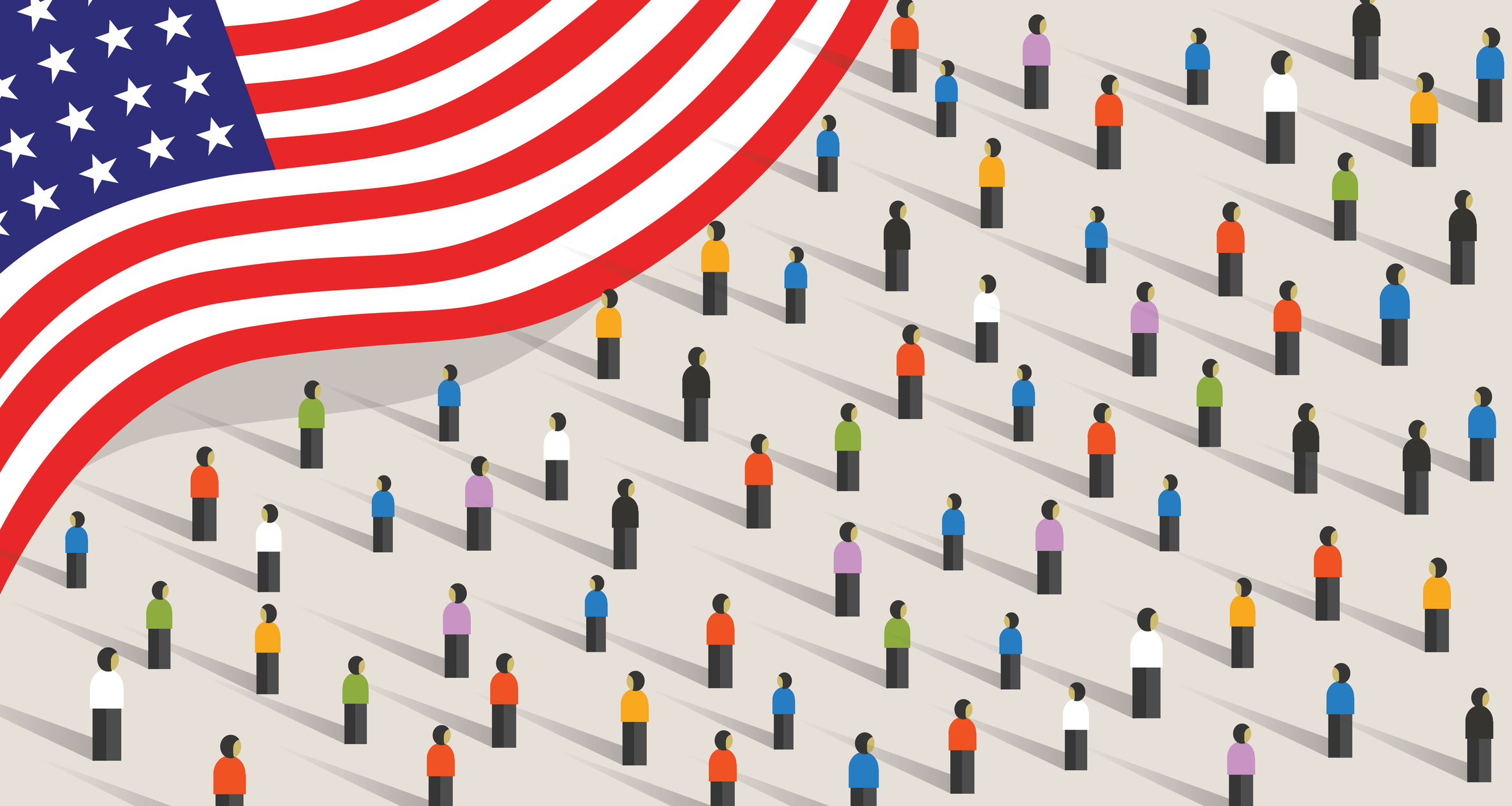Why Immigrants Are Not Applying For Citizenship
People often wonder why some immigrants do not come to the United States legally. Or why they do not just apply for citizenship while living here illegally. They are failing to understand the real issue: there is no “path” available for currently undocumented immigrants. And, the “regular channels” often do not provide a “path” for soon-to-be immigrants who enter the United States via unauthorized channels.
No “Path” exists for most undocumented immigrants.
Immigration to the United States is typically limited to three different channels: Family Reunification, Employment, or Humanitarian Protection. Each of these channels is greatly regulated, and subject to annual limits and eligibility requirements. The result is many undocumented immigrants do not have the necessary family or employment relationships. And most are unable to access humanitarian protection, such as refugee or asylum status.
Therefore, no matter how long these undocumented immigrants have been in the United States, they have no way of achieving legal status.
Family-Based Immigration
Family-based visas are unavailable to any undocumented immigrant who does not have a qualified relative. Or who fails to meet family-based immigration eligibility requirements.
Employment-Based Immigration
Very few undocumented immigrants are eligible for employment-based visas. In addition, competition for these is tremendous. This means that for most undocumented immigrants, these visas are unavailable to them. Regardless of their skills or desire to work in the United States legally.
Humanitarian Protection
Most undocumented immigrants are ineligible for asylum because the law usually requires that someone file for asylum within one (1) year of entering the United States.
Even where a “Path” exist there are lengthy backlogs and waits.
In those cases where an undocumented immigrant does have a qualifying relative or employer that might provide a “path” to a visa, countless numbers of these immigrants are not able to benefit from the process for years. Some immigrants from some countries must wait decades.
Diversity Immigrant Visa Program
If an individual wishing to immigrate to the United States does not qualify for family, employment, or humanitarian reasons, they may have the Diversity Immigrant Visa Program lottery as a legal path to citizenship. To qualify, applicants must have a high school education and two years of job experience. Since millions of people around the world apply each year, the chances of obtaining a visa through the lottery are extremely low.
Conclusion
Undocumented immigrants who want to become citizens of the United States cannot just “follow a path”. Although there are some paths, many hopeful would-be permanent legal residents are not eligible to be on any of these paths. Even if the undocumented immigrant does meet the legal requirements to immigrate, the wait can be very long if the individual is applying from a country with a long backlog of applications.
Questions About Family-Based Immigration?
The pathways for undocumented immigrants are for the most part non-existent, or at best difficult and include long wait times. However, there are well-defined paths for bringing immediate family members to the United States as Legal Permanent Residents. These include a spouse, child, or parent. If you or a family member have any questions about Family-Based Immigration, speak with a qualified immigration lawyer. Request a free immigration consultation with immigration attorney Jessie M. Thomas today.

